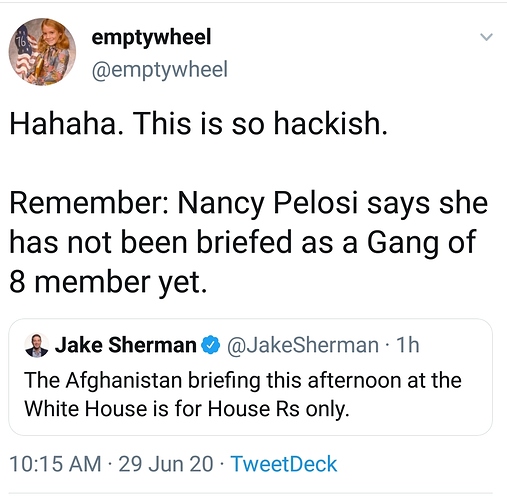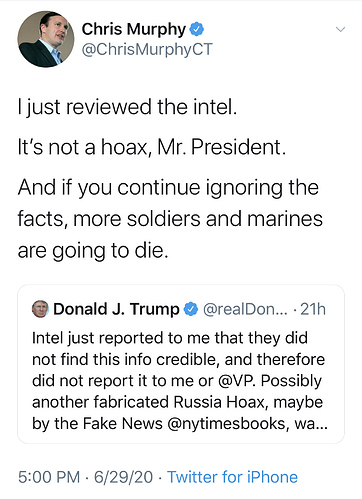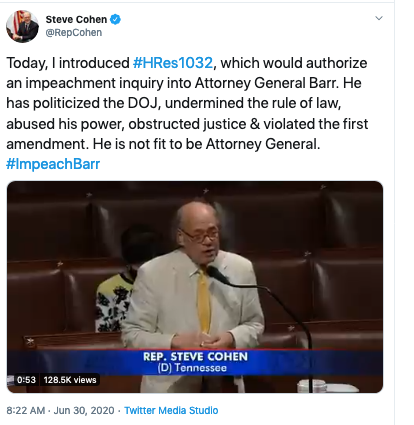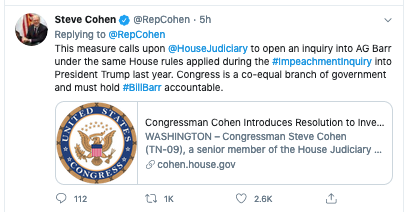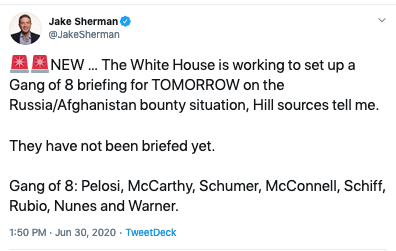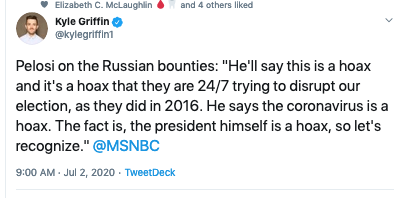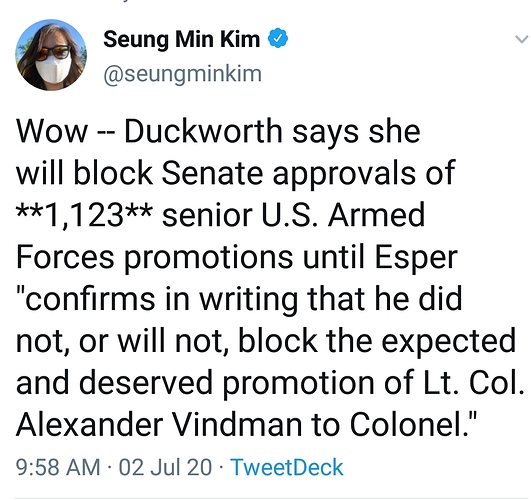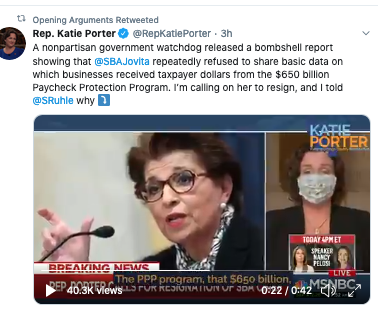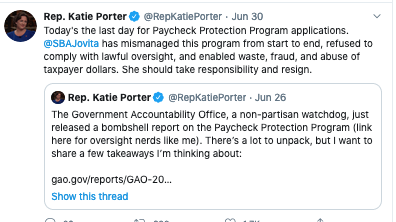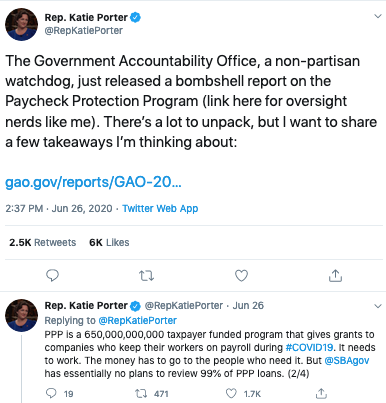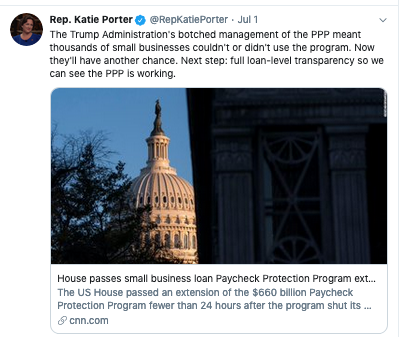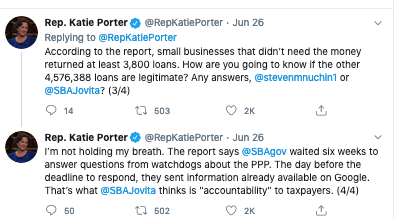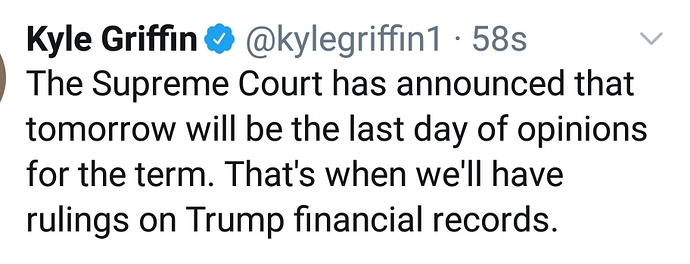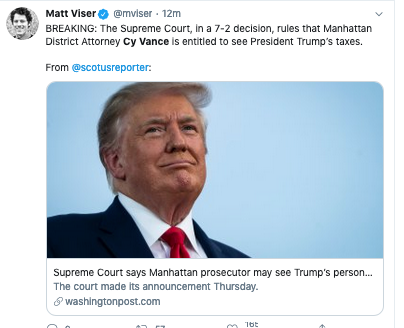Here’s a proposed resolution brought by members of the House Judiciary Committee to speed up the subpoena process. It would put limits on how much time can elapse until it gets resolved, and they are imposing a fine.
The resolution
Lieu’s resolution — which is backed by Reps. Val Demings, Jamie Raskin, Joe Neguse, David Cicilline and Madeleine Dean, all of the Judiciary Committee — would change House rules to create a stiffer mechanism of accountability for flouting oversight.
Under it, any House committee that wanted to bring proceedings against an official for defying subpoenas could refer a resolution of contempt to the full House. If approved, the House can authorize its counsel to go to court to sue and ask it to freeze the offender’s assets.
This process would give the official 20 days to comply with the subpoena, after which the House counsel would ask the court to levy a fine of up to $25,000, to be increased as high as $100,000 over time.
The process would also provide for the House to negotiate with the administration over their reasons for noncompliance (the administration can also contest the fine in court), and to reach an accommodation if possible.
In effect, this attempts to modernize Congress’s power to employ civil enforcement of subpoenas, which it does have (see this Congressional Research Service report), and tries to create a rigorous process for it.
“This is a power Congress has repeatedly used in the past, and the courts have upheld,” Lieu told me.
Right now, courts can ultimately force compliance with subpoenas, but it takes forever. Note that we’re still waiting on congressional efforts to hear from former White House counsel Don McGahn. Fines are designed to force much faster compliance.
“The administration has made defying congressional subpoenas a fixture," Raskin told me. "The constitutional order cannot sustain this kind of lawlessness.”
